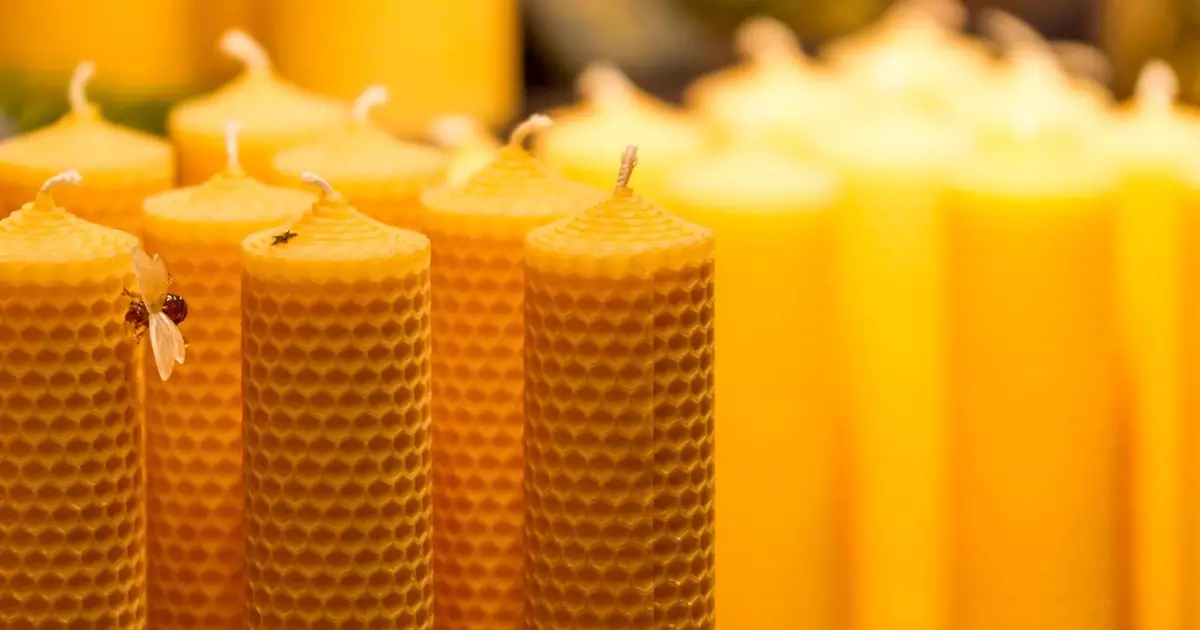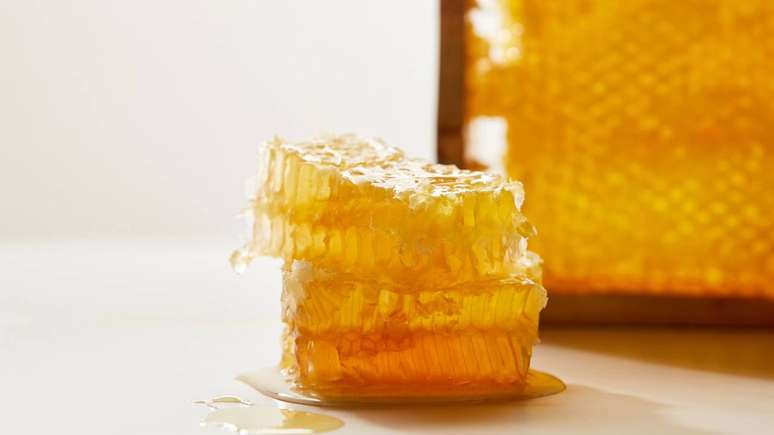
Outside the hive, beeswax’s unique properties have attracted attention from various fields, making it a valuable resource for household, craft, and industrial uses for many years. Find out more!
Beeswax is a natural product with a wide range of uses. This substance of animal origin plays an important role for the bees themselves and is manifested in the formation of hives, where they live and store honey. Outside the hive, its unique properties have attracted attention from various sectors, making it a valuable resource for domestic, artisanal, and industrial uses for many years.
With a mild aroma and malleable texture, beeswax is characterized by its rich content of esters, hydrocarbons, and fatty acids. Therefore, when extracted from the nest, this substance provides a variety of solutions for daily activities, pharmaceutical industry, cosmetics, crafts, food preservation, and other applications requiring protective, waterproofing, or emollient effects.
What are the main uses of beeswax?
Beeswax’s usefulness spans several areas, both in the home environment and on a large scale. Its most well-known function is candle making. After all, candles made with this ingredient burn cleanly, have natural scents, and don’t emit toxic residues, making them a more sustainable alternative to synthetic candles.
In the beauty field, beeswax is one of the most popular ingredients in formulating products such as lipsticks, moisturizing creams, hair salves, and balms. This happens thanks to its ability to moisturize cosmetic compositions, form a protective barrier and give a pleasant texture. Additionally, its anti-inflammatory properties are highly valued in the production of skin care ointments and lotions.
Beeswax: What are its industrial uses?
The use of beeswax in industry goes far beyond the production of personal hygiene products. In larger parts, such as food, this compound is used to coat foods such as fruit and cheese to prolong the preservation and freshness of the product. Additionally, companies use it as an abrasive for biodegradable food products and packaging.
- In the pharmaceutical industry, beeswax is used to coat capsules and tablets, contributing to controlled release and protection from moisture.
- In the furniture sector, waxes are used to polish and protect wooden surfaces, providing shine and durability without the use of aggressive chemicals.
- In the production of musical instrument lubricants and fittings, this natural product provides the ability to reduce friction and prevent premature wear of parts.
How can beeswax be used at home?
In the home, beeswax is an ally for those looking for practical and environmentally friendly solutions. It is mainly used to make waterproof fabrics and reusable wraps. beeswax wrapan alternative to single-use plastics for snack packaging and food storage. Additionally, it can be incorporated into recipes for natural cleaning products such as furniture polish and floor wax.
- Use the natural properties of wax to create a homemade healing ointment.
- Repair and protection of garden tools and metal utensils from rust.
- Preparation of handmade aroma candles that enrich the environment without compromising health.
- Development of natural cosmetics that do not use chemically synthesized preservatives.
Considering all these alternatives, it is clear that beeswax occupies an important place due to its versatility. After all, its application crosses the boundaries of past and present and remains relevant both in traditional practices and in the needs of modern society. Whether in industry, crafts or everyday life, beeswax remains one of the most respected raw materials, demonstrating the importance of conscious use of natural resources.




